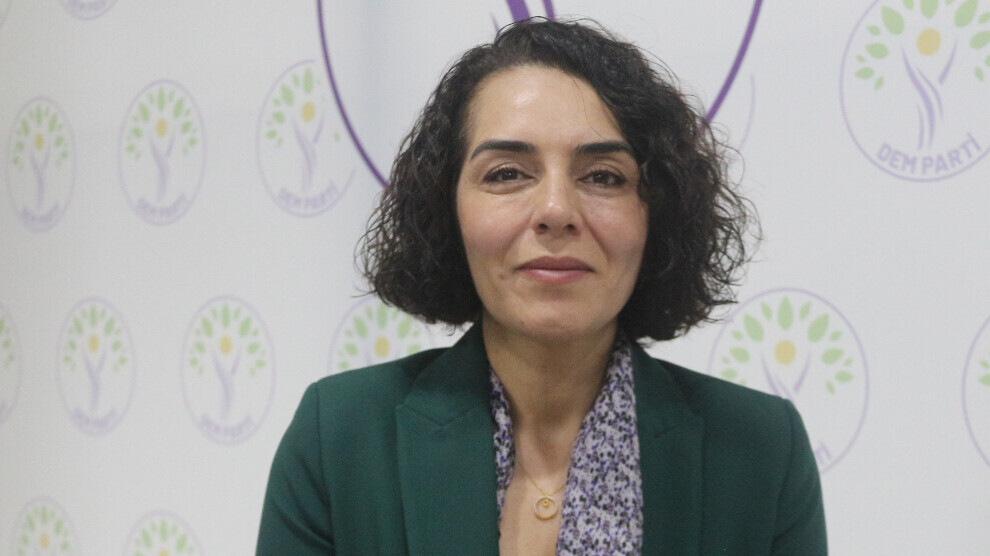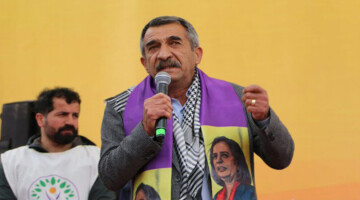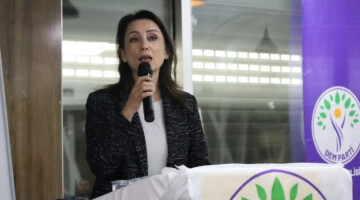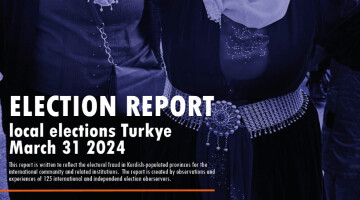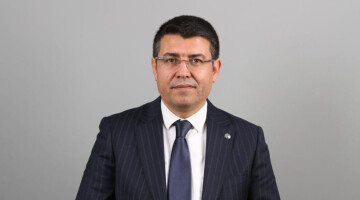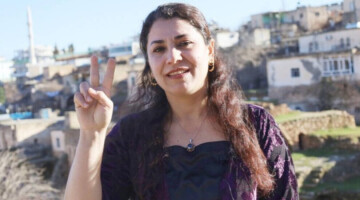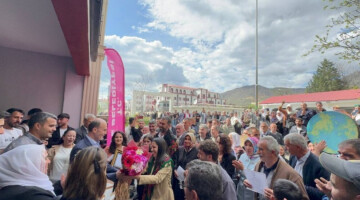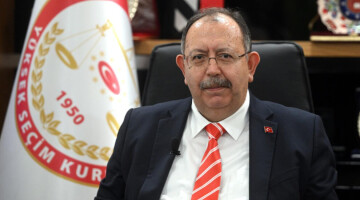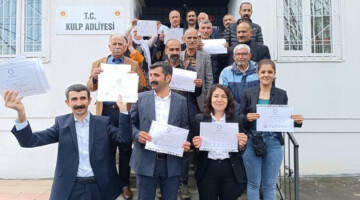Local elections will take place in Turkey on 31 March. The People's Equality and Democracy Party (DEM) has taken over from the HDP, which was threatened with illegalization, and advocates for a decentralization of the political government system and the consideration of regional peculiarities.
The DEM party is going into the local elections with the demand to solve the Kurdish question and to bring Turkey's general question of democracy back onto the agenda in order to overcome the numerous crises in the country. A road map was published in December.
After the last two local elections, almost all municipalities won by the DBP and the HDP were placed under state administration. In 2016, 93 mayors were arrested, and in 2019 a further 43 were arrested. Nevertheless, many people applied to the DEM party to run for a mayoral office or for a seat on the city and municipal councils.
Saturday and today, people will select their final candidates in the primary elections organized in dozens of cities.
Co-presidency system was criminalized
The fact that there are many women among the applicants is a positive development, said DEM Amed MP Adalet Kaya. The Kurdish politician, who was elected as a member of the Turkish parliament in May last year, was previously the chair of the Rosa women's Association. She served time in prison because of her commitment to women's politics. She described the appointment of state trustees in Kurdish communities instead of elected co-mayors as an anti-democratic practice that violates national and international law and ignores the people's resistance to assimilation policies. “Above all, - Kaya said - the achievements of women and the work they do were attacked. The most important of these achievements was the system of co-representation, the other was the mechanisms put in place to strengthen the network of women's solidarity, the cooperatives, the advice and solidarity centers and the shelters for women."
The trustees, a story of theft, extortion and corruption
Adalet Kaya pointed out the monistic, racist and sexist nature of the Turkish state and said: “They do not want women to be empowered in any area and to be represented equally in the communities. The good functioning of the communities in the Kurdish provinces and the positive response that there was even abroad exposed the poor functioning of the communities they managed, and this was an aspect that they could not bear. They could not conquer our communities, and they imposed trustees on them, thus usurping what was not freely given to them. They engaged in theft, extortion and corruption."
Women's struggle threatens the government
Kaya underlined that the dual leadership system was fought for by the Kurdish women's movement and has now become official: “Now every party can legally use the co-presidency system. This model has also been introduced at the local level. This ensures that women can be involved in local and decentralized administration in all areas of life and not just in specific areas. We have implemented this model in the municipalities over the last three electoral periods. It has not yet acquired legal status in relation to municipalities. We will continue our fight on this issue. This is, of course, a very critical issue for the government. It sees this as a threat, and for this very reason it criminalizes the co-mayor model as a terrorist structure. Many of our mayors are still in prison. Some have been released after long prison terms, but their trials continue. Gültan Kışanak is a very important political figure in this context. She is still being held as a political hostage and is seen as a threat. She has made a very important contribution to the struggle of Kurdish women and to the dual leadership system. Dozens of mayors and TJA activists are in prison, and the main reason is that the achievements of our women are strong. The government sees women's struggle, their leadership and equal representation as a serious threat to itself and is trying to restrict us in all areas."
Keeping our ecological, democratic and women-friendly system alive
After the parliamentary elections last May, a lot of criticism was expressed about the party's strategy and this criticism from the base was taken into account, said Adalet Kaya: “Our party executive committee has evaluated this criticism, and we are going into the local elections taking this criticism into account. For this purpose, public meetings were held to strengthen and develop the party. These meetings were very productive and ground-breaking. We have initiated a period of democratic and public participation both in the selection of candidates and further down the line. The candidates are chosen through primary elections at the base; even in small districts, everyone, from civil society organizations to business owners. The result is determined by consensus, and we think that is very important. The people want to get rid of the trustees, they want their own communities back. We want to govern our cities and communities ourselves and keep our ecological, democratic and women-friendly system alive. Let us establish mechanisms that empower women and protect them from violence. That's why we want everyone to be involved in this process."

